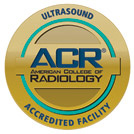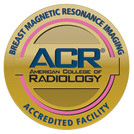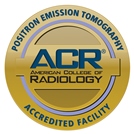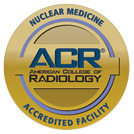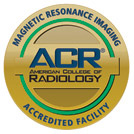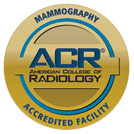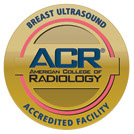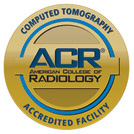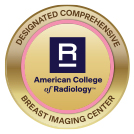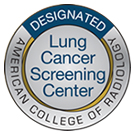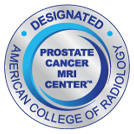Magnetic resonance cholangiopancreatography (MRCP) is a non-invasive imaging procedure to examine the liver, bile ducts, gallbladder or pancreas. A magnetic field and radio waves are used to take pictures of the body’s internal organs and structures, displayed on a computer monitor.
What Is Magnetic Resonance Cholangiopancreatography (MRCP)?
MRCP is a type of magnetic resonance imaging (MRI) technology that’s ideal for analyzing the hepatobiliary and pancreatic systems – particularly, detecting disease in its early stages. MRCP utilizes radio waves, which identify and line up with any hydrogen atoms in the body.
As the atoms shift back to their original positions, they give off variable amounts of energy, which creates an image generated in cross-sectional form on a computer monitor. To send and receive the radio waves, the MRI machine has an electrical current pass through a series of wire coils, which create a magnetic field. As this occurs, the electrical current does not touch or pass through the patient.
Compared to CT scan, X-ray and ultrasound technologies, MRCP offers improved differentiation between normal and diseased tissue, making it ideal for examining the body’s soft tissues for cancer, heart and vascular disease and joint and musculoskeletal disorders. Beyond identifying the nodule, MRCP offers insight into the organ’s structure, operation and can see soft-tissue structures through bone.
Beyond these benefits, MRCP and MRI technologies:
- Are less likely to result in an allergic reaction, as gadolinium is used for the contrast material.
- Are less invasive than endoscopic retrograde cholangiopancreatography (ERCP) and are less likely to trigger inflammation and pancreatitis.
- Don’t require intravenous sedation.
However, patients need to be aware of a few key risks before consenting to the procedure:
- For implanted medical devices, the magnetic field may result in malfunction or distortion. Inform the technologist of all health conditions before the procedure. Patients with blood vessel coils, cochlear implants, clips for brain aneurysms, defibrillators and older pacemakers should not undergo this procedure.
- Patients injected with gadolinium have a small risk of contracting nephrogenic systemic fibrosis, especially if the patient lives with kidney disease. In other rare instances, a patient may experience an allergic reaction, which can easily be controlled with medication.
- MRIs are not compatible with metal objects inside the body. Inform the technologist if you have any shrapnel, bullets, tattoos, braces, tooth fillings, cosmetic enhancements or other foreign objects in your body, particularly near the eye area.
Who Should Have This Procedure?
For the hepatobiliary and pancreatic systems, MRCP assists in examining the liver, gallbladder, pancreas and all related ducts for tumors, stones, inflammation, infection or pancreatitis.
Traditionally, ERCP has helped identify these conditions. More invasive than MRCP, ERCP involves endoscopy, contrast dye and X-ray technology.
In other cases, a doctor may also use MRCP to examine the source of abdominal pain, if other imaging methods cannot pinpoint a cause.
Preparation
Prior to the procedure, patients are advised to tell their doctor about any health conditions, including:
- Recent surgeries
- Allergies
- Possible pregnancy
- Asthma
- Hay fever
- Hives
- Kidney disease
- Implanted medical devices
Patients will be asked to not eat or drink for 4 hours prior to their procedure. On the day of the procedure, arrive in loose, comfortable clothing and be sure to remove all jewelry, piercings, glasses and anything metal from your body. Patients will be asked to change completely out of their clothes for the procedure, into a gown. Patients who experience claustrophobia may be given a mild sedative to handle the exam by their referring physician.
MRCP is done in an outpatient setting. As the procedure begins, you may be positioned with straps or pillows to comfortably stay in place. Multiple passes or sequences may be performed, each lasting several minutes. You may be asked to hold your breath for some of the sequences. The technologist will speak to you through an intercom from a separate room during the procedure.
Unless sedation was used, patients may resume normal activities following the scan. After the procedure, your doctor may schedule a follow-up to discuss the results or request additional imaging.
Has your doctor recommended MRCP to assess your liver, gallbladder or kidneys? Contact us to make an appointment today!





